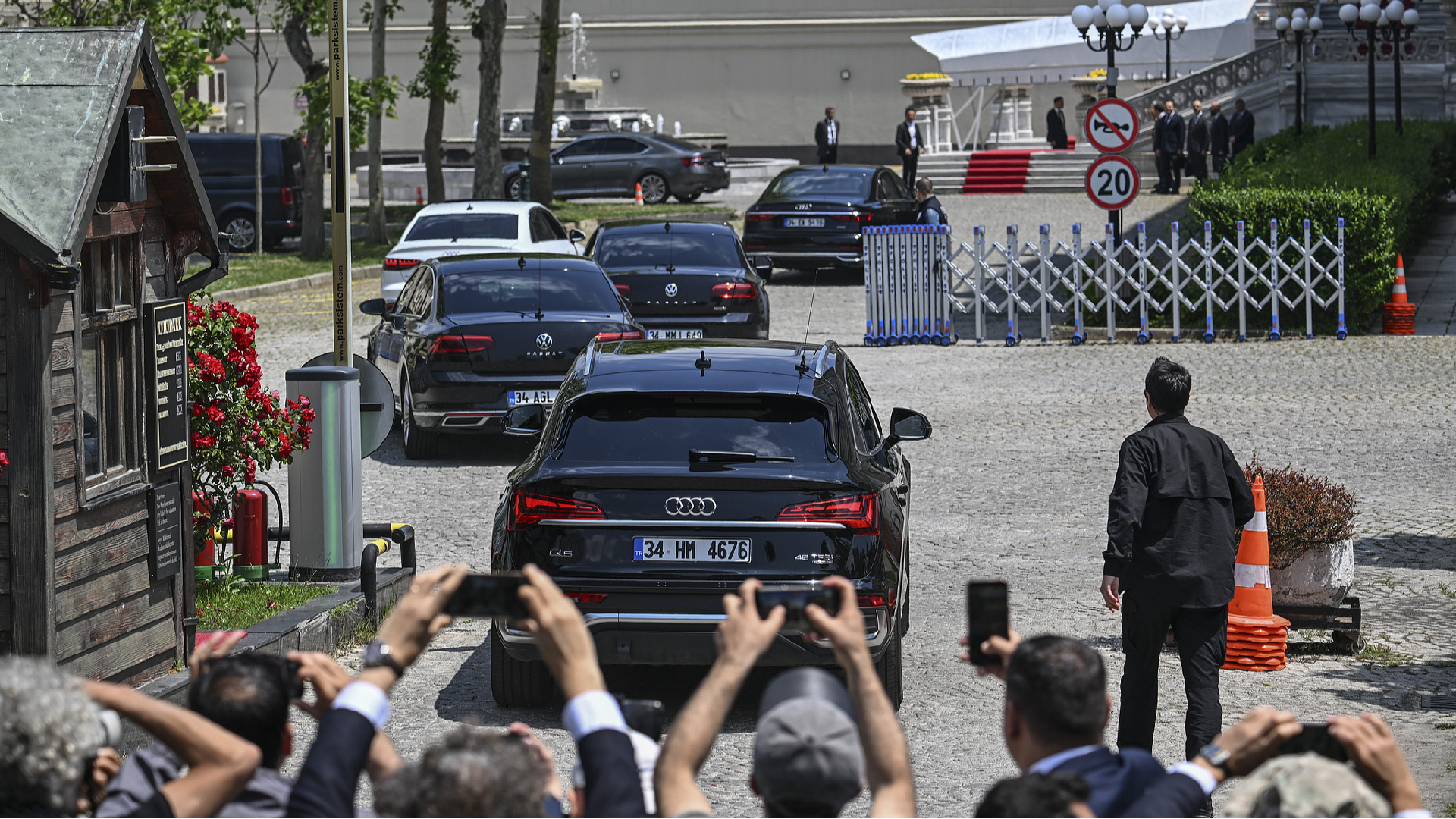Ukraine and Russia Resume Peace Talks in Istanbul Amid Ongoing Tensions
Ukrainian and Russian negotiators restart peace talks in Istanbul amid renewed hopes for conflict resolution.

Delegations from Ukraine and Russia converged in Istanbul on Monday, resuming critical peace negotiations aimed at addressing the ongoing conflict between the two nations. Arrivals were seen at the historic Ciragan Palace, where Turkish Foreign Minister Hakan Fidan formally opened the session on the city's European shore. The renewed talks highlight mounting international pressure for a diplomatic breakthrough as fighting intensifies on multiple fronts.
The Ukrainian delegation, led by Defense Minister Rustem Umerov, reportedly entered the talks with a comprehensive roadmap for lasting peace. According to the circulated document, Ukraine is seeking a deal that would ensure there are no restrictions on its military strength once a peace settlement is achieved. The draft explicitly rejects any international recognition of Russian sovereignty over territories occupied since Moscow’s invasion, and calls for reparations—measures likely to be sticking points during negotiations.
The Ukrainian plan also proposes that the current front line serve as a baseline for discussing territorial disputes, setting a clear initial framework for what are expected to be difficult and complex discussions. Details regarding the roadmap suggest Kyiv's firm stance on both sovereignty and security guarantees.
Representing Russia at the table is Kremlin aide Vladimir Medinsky, who is expected to engage in a series of meetings throughout the Istanbul summit. However, questions remained about the composition of the full Russian delegation. The Russian side has yet to clarify who will participate in various negotiation sessions, adding an element of unpredictability to the proceedings.
The resumption of talks comes at a particularly volatile moment. On Sunday, Ukraine conducted one of its boldest offensives to date, targeting Russian nuclear-capable bombers deep in Siberia, as well as other military bases. In a massive retaliatory strike, the Kremlin unleashed 472 drones on Ukraine overnight—the highest number reported in a single night since the start of the conflict, according to Ukraine's air force.
The diplomatic push follows intensified dialogue between Moscow, Kyiv, and European leaders. Direct negotiations were proposed after Russia resisted calls for an immediate ceasefire from Ukraine and Western powers. Instead, President Vladimir Putin pledged to submit a memorandum outlining Russia’s preferred contours of a peace agreement, insisting that discussions on a truce would follow only after that document was shared.
Kyiv confirmed it had not yet received the Russian memorandum over the weekend, raising concerns about Moscow’s intentions. Medinsky stated on Sunday that the Kremlin had just obtained Ukraine’s own draft memorandum, promising that an official response would be delivered on Monday.
The first round of talks on May 16 resulted in a major prisoner exchange, the largest to date during the conflict. Despite this humanitarian achievement, neither side showed signs of moving toward a broader peace or even a temporary halt in fighting, underscoring the deep-rooted mistrust and divergent goals that continue to hinder diplomatic progress.




